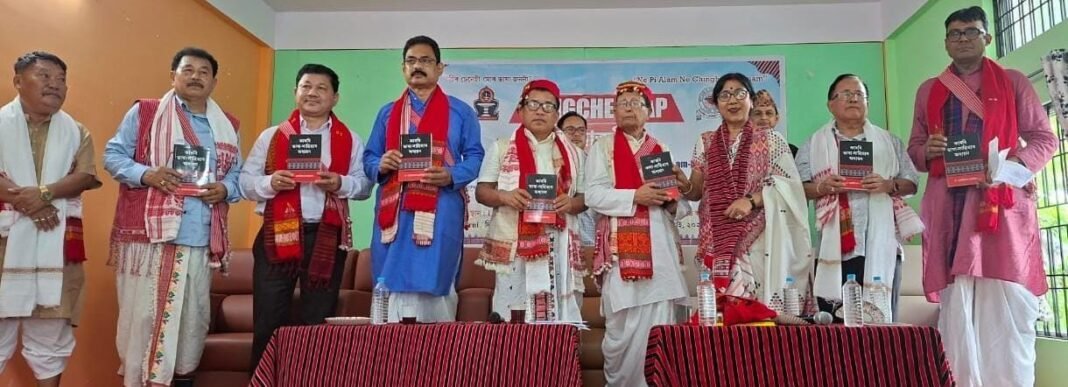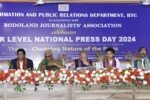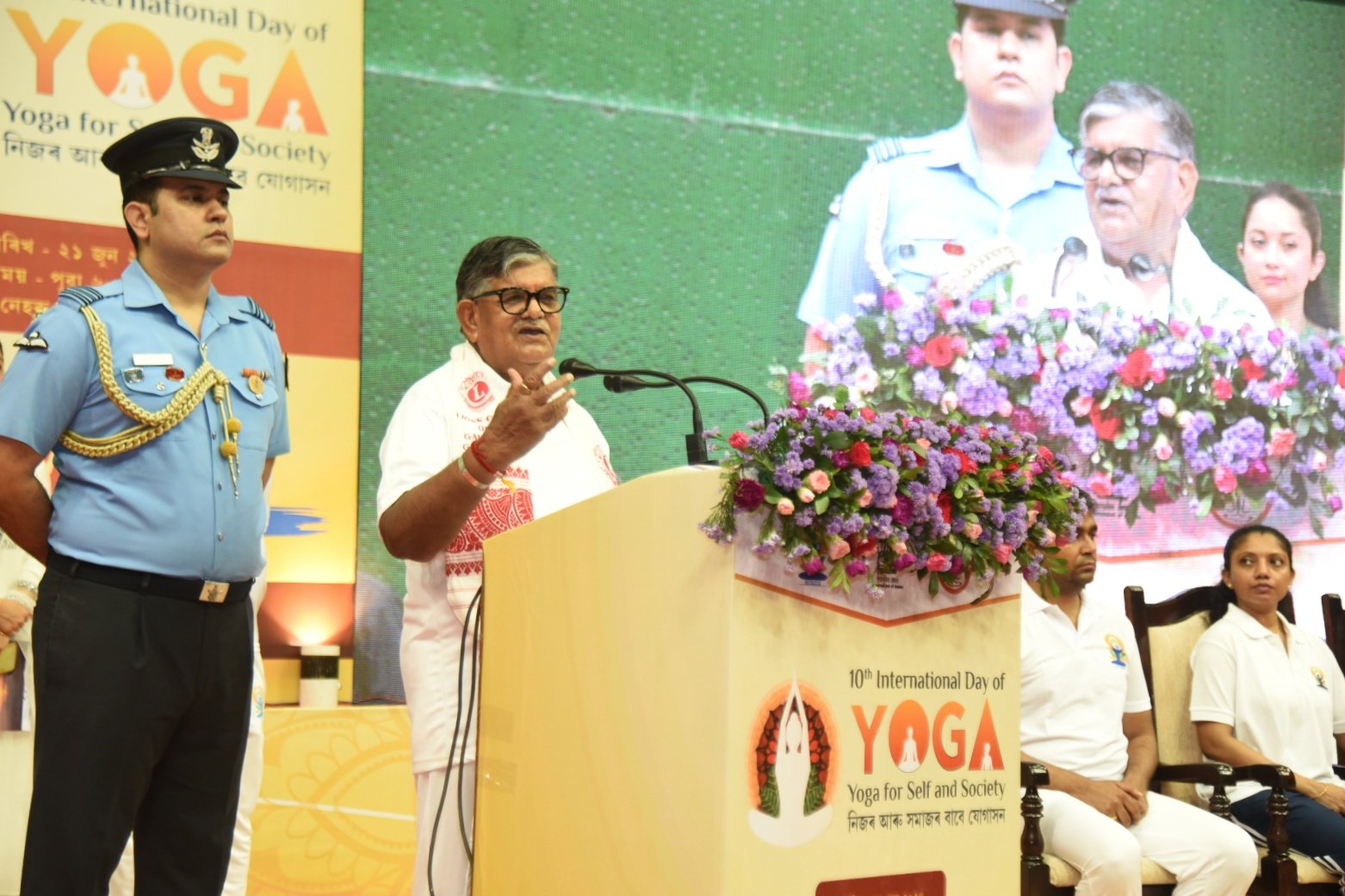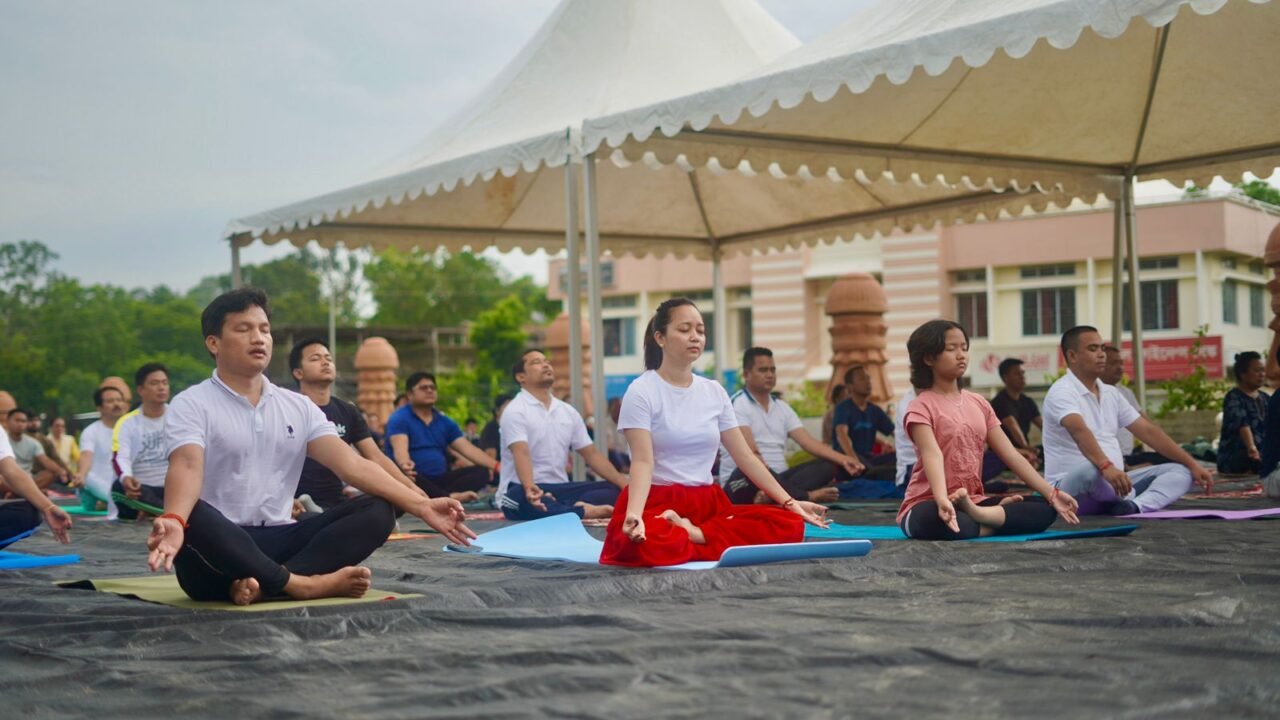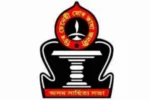HT Correspondent
TEZPUR, July 11: “Mutual harmony is not one-sided; a balanced relationship must be established,” said Dr Basanta Kumar Goswami, President of Asam Sahitya Sabha, during the cultural-literary programme Enazori held in Karbi Anglong.
Speaking as the chief guest at the event, jointly organised by the Karbi Lammet Amei (Karbi Sahitya Sabha) and the Asam Sahitya Sabha, Dr Goswami stressed the importance of linguistic and cultural understanding between Karbi and non-Karbi communities.
Dr Goswami underlined that real integration can only be achieved when Karbis make an effort to learn non-Karbi languages and, conversely, non-Karbis also engage with and understand the languages spoken by the Karbi community in daily life.
Announcing that the Asam Sahitya Sabha will soon publish a book based on the historical background of the hills and mountains of Karbi Anglong, he emphasised the Sabha’s commitment to regional cultural documentation.
The event was held at the Karbi Lammet Amei office on the Diphu–Lumding Road and was presided over by KLA President Kamsing Hansei.
It was coordinated by Biswajyoti Hazarika, Secretary of the Diphu Rangsina Bhawan branch of the Asam Sahitya Sabha.
According to a statement issued by Sankusiddha Nath, the central publicity secretary of the Asam Sahitya Sabha, the event fostered a deep cultural and intellectual exchange between members of the two literary organisations.
Among the dignitaries present were Vice President of Asam Sahitya Sabha Padum Rajkhowa, General Secretary Debojit Bora, former Karbi Students’ Association President Chandrasing Kro, Padma Shri awardee Dhaneswar Engti, Executive President of the Rajyabhaxa Aru Matribhaxa Prayog Upasamiti Deben Basumatary, and noted writers Ajit Singnar, Khagen Engti, and Joysing Tokbi.
Speaking at the programme, General Secretary Debojit Bora said that the Enazori event carried a powerful message of unity for all ethnic groups across Assam.
He said that through this initiative, the Asam Sahitya Sabha aims to embrace every community to forge a stronger and more inclusive Assamese identity.
Bora also highlighted the need for mutual efforts between the Karbi and Assamese literary bodies to foster language development and cultural cooperation.
“After a long struggle, the Karbi community has now gained constitutional protection. Therefore, this is not the time to look back,” he said.
The programme was supported by the Rajyabhaxa Aru Matribhaxa Prayog Upasamiti of the Asam Sahitya Sabha and concluded with the rendition of the state’s Jatiya Sangeet.


